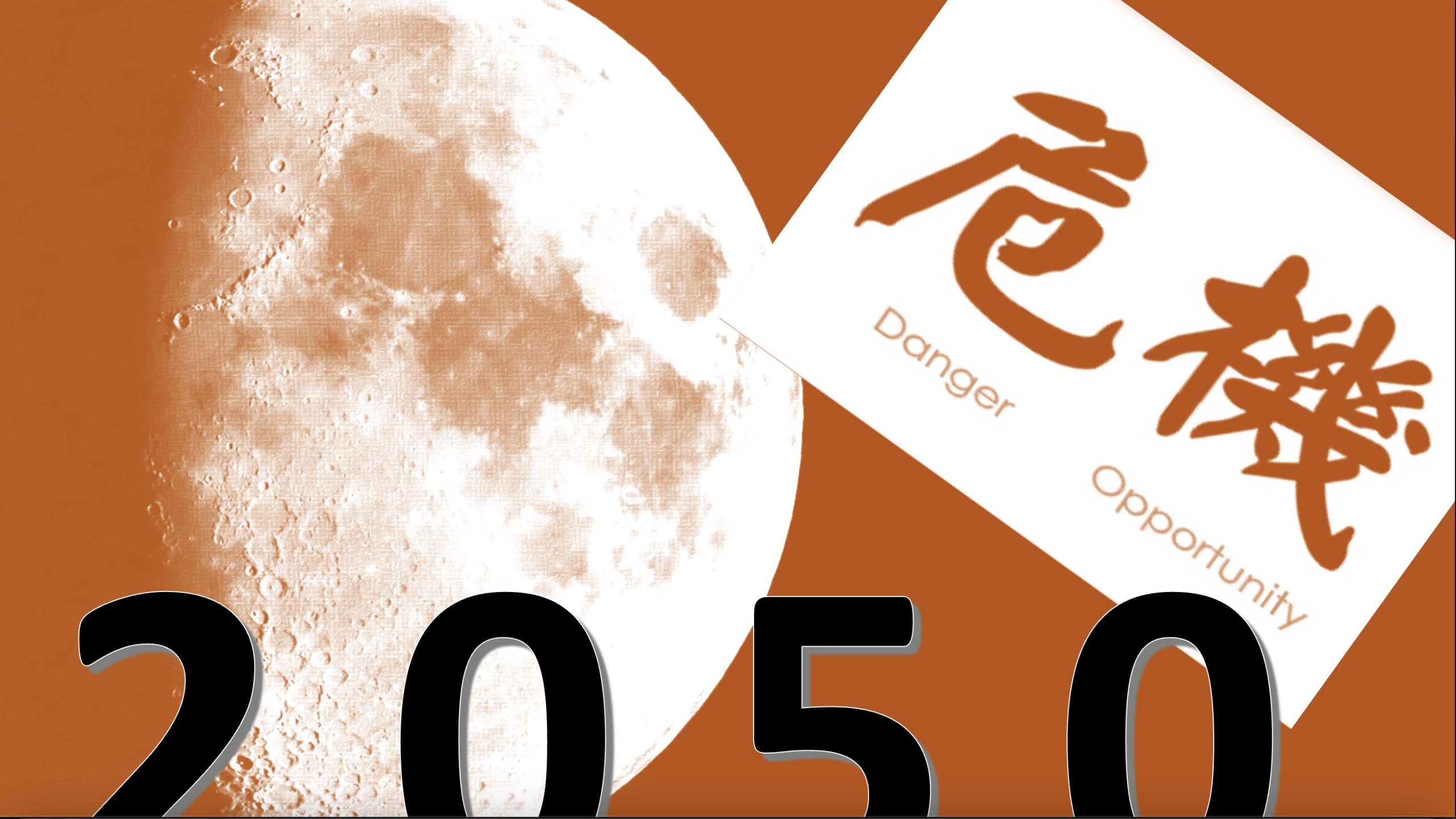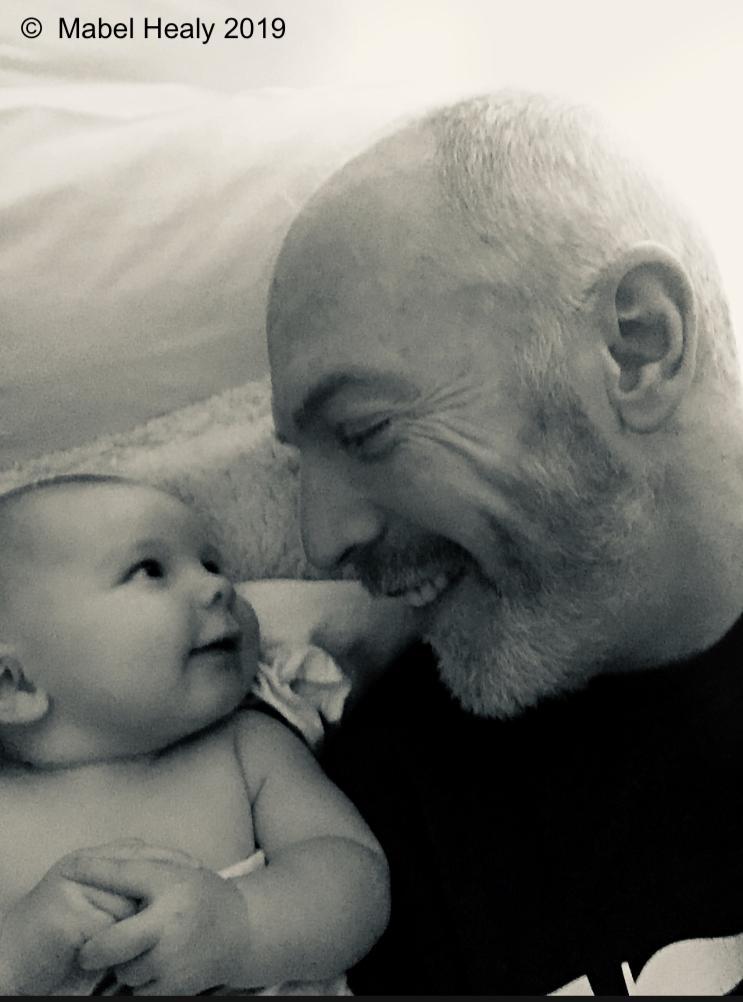“Ever tried. Ever failed. No matter. Try again. Fail again. Fail better.”
— Samuel Beckett
On my first day in Goldman Sachs in the early ’90s, I was whisked up to a breakfast presentation in a conference room overlooking the Thames and the City of London. Finely set table, starched napkins, every type of pastry, bowls of fruit, glorious-smelling coffee – they all accompanied the curated videos highlighting Goldman’s prowess and the “extraordinary achievement” it was to become a Goldman employee.
Then it was down to another floor and I was shown to my desk space with its high shelving and big computer. Having grown up in Ireland in the ’80s, it felt extravagant, like this was living the high-life already.
But, sure, hadn’t all the farewell parties in Dublin foreshadowed this? The myriad of hugs and backslapping – friends and family sure I was on my way to millionairehood and my own form of world domination.
Before I could spin a 360 in my new executive chair, a middle-aged man appeared, beckoning me into his office. He was the staffer, Charles M, in charge of doling out projects to Analysts like me.
A brief welcome, lowering into seats either side of his desk, and then he was off… explaining my first project, how ICI and DuPont both had fibre businesses they wanted to swap. Words faded as I gazed around the room. The main feature, a series of colourful paintings clearly done by a toddler. Ah, Charles was a father.
Goldman dads rarely got to see their children (and they were mainly dads back then). The joke was that whenever their kids saw an airplane in the sky, they’d point and say: “Daddy!”
Middle-aged? Charles, I guessed, was about 36. That seemed middle-aged to my 23-year-old self
Would I swap my age for your wealth?
This was the question I asked myself as I surveyed Charles’s face.
No, I decided as his mouth kept moving. I wouldn’t.
There and then I resolved to stay two years at Goldman, and to learn as much as I could during that time.
“And that’s the project!” Charles announced. “Got it?”
I hadn’t heard a word he’d said for some time.
“Yes,” I replied, confidently. “Absolutely!”
Promises, Promises
Many people join Goldman with similar intentions to my Day One Vow. They say they’ll leave after a couple of years, but by the time that milestone arrives, they realise their pay will ramp up shortly and it seems crazy to leave. Just another 2-3 years, they promise themselves, and the cycle keeps repeating till they’re a very wealthy forty-year old, and likely very far removed from the person who first entered the building.
How did I stick to my promise? There were a few factors.
Having travelled around the world for a year before taking the job at Goldman, I was still attuned to the low-needs backpacker-life, and saw the trap – the cycle of rising pay and increasing personal expenditure, the increasing hunger for status and wealth. My principles, it seemed, would likely change and not for the better. It would be increasingly difficult to give up comfort and choose the adventurous road-less-travelled.
Also, I had (still have?) quite an adaptive personality. Around jokey, chilled people, I’d be relaxed, looking for the humour in everything. In a competitive dog-eat-dog environment – if my approach to sport was anything to go by – I reckoned I’d adapt very well – too well – and do what I could to come out on top. If I stayed long enough I could become a good investment banker… and probably, also, an asshole.
Youthful idealism was another factor. A few months in, it seemed crazy and unfair to me that I was already earning more than the headmaster of my local primary school. He was the father of a good friend of mine and a man who gave so much to the community.
The job had seemed so exciting when it first appeared on my radar. Foreign travel; deciding the fate of globally recognised firms in swanky offices; good money, total financial security. It all sounded too good to turn down coming from second-world Ireland. And the interviews became a challenge in themselves. I didn’t want to fail. I wanted to be chosen.
Maybe it was the cold reality of sitting in those offices, month after month, doing work that was of little use to humanity. Perhaps it had something to do with Ireland emerging from the second-world in the early 90s and having confidence in itself. But a question I’d suppressed became harder and harder to ignore as those first two years wore on…
What did investment bankers do to earn their whopping salaries but take a cut as they pushed money around the world or advised people on how they should buy and sell companies? They didn’t seem to create anything or add to the productive capacity or good of the planet.
Given the 80-hour weeks I was doing, my hourly rate was a lot lower than a plumber’s or an electrician’s, but this would start rising exponentially about three years into the job. If. I. Stayed.
Lastly, I had (and continue to have) no fear for anything apart from ill-health befalling myself or loved ones. This may sound trite, but it just might be a super-power. It allowed me to jump, to leave Goldman Sachs, when others might have stayed despite all the other push-factors.
In our twenties, friends would often give me the reasons they couldn’t take the adventurous path. “I couldn’t do that… I need to save for a mortgage/I’d fall behind all my friends/I’d miss out on the promotion.” It was usually fear, not greed, that kept them locked onto a path, however unsure or unhappy it made them.
My simple philosophy emphasised my good fortune at having been brought up in a family where I suffered no abuse, where I was shown love & support and given a first-class education; at being born in the twentieth century with its laws, amenities and relative luxuries compared to, say, the sixteenth century.
I’ll never go without a bed to sleep in, without food in my belly or without a roof over my head.
This was the mantra that helped me take the more interesting, road-less-travelled when faced with major life decisions. Apart from catastrophic ill-health, no matter what happened, I could get work in McDonald’s or somewhere similar, and earn enough to live. I’d be fine.
Without fear, why the manic scramble for riches? As Warren Buffett says of being a billionaire: “I can only wear one pair of pants at once.” Maybe that’s why the research shows that once you’re earning enough to cover your basic needs, happiness rises less and less with increases in income, and is often reduced by the sacrifices required to get the ever-increasing income – such as less time with friends & family.
What Do You Think They Think I Think?
Caring what others thought was probably the biggest hurdle to overcome. How great it was to have contemporaries back-slapping me and supposedly thinking I was great for working at Goldman Sachs. But I increasingly questioned whether it really mattered what they thought. They didn’t have to live my life on a cold wet Tuesday morning or when I was working late into the night. Some of these back-slappers, I didn’t even see once a year!
Aged 25 by this time, I remembered how I used to care so much what my schoolmates thought when we were teenagers. Now, apart from a few close friends, these people were no longer in my life and what they thought of me mattered not a jot. Wasn’t it ridiculous to have made life choices – any choices – in school caring what contemporaries thought?
Wouldn’t the same be obvious of this moment in 10 or 20 years’ time?
And yet, after I left Goldman, many friends and contemporaries told me straight out, or made it clear in other ways, that they thought my decision was crazy. Especially as I wasn’t leaving for another high-flying job: I was off on a mad caper to set up a brick factory in a township in South Africa!
Nelson Mandela was finally coming to power and I felt it was wrong that so many educated people in South Africa were talking of leaving rather than of staying to help the country succeed for all citizens in the new era.
Naïve idealism? Perhaps.
Adventure chasing? That also played a part.
One life, I thought. That’s all we have. And so many people, places, possibilities and experiences to discover! How often do we get to really step into a new chapter, to experience the unknown, to test ourselves in ways that might bring about unforeseen revelations? Here was such an opportunity!
Free to Fail
It was difficult having so many people think I was crazy. Not even all my family got it.
Yet hard as it was to go from exalted to “crazy”, it gave me a second super-power. Absolute freedom to do what I wanted from then on, without the need to worry what friends and family thought. Because those who’ve stayed close to me have since reconciled themselves to expecting me to do the unexpected.
Imagine someone nervously walking across a stage to give a speech. They trip and fall. Everyone laughs. But now they can say and do whatever they want, without nerves or fear, because the worst has already happened! That was me.
That is me.
Funny thing is, many of those friends and acquaintances came to me twenty years later and confided that they now understand why I did what I did, and they no longer think me crazy. In fact, they say they admire what I did, see wisdom in it, and wish they’d taken similar leaps in their lives.
I wonder how true this is. It’s fine when you look at something that’s worked out. But the reality is that nothing was guaranteed at the time, and for many years I couldn’t afford to go on the holidays or eat at the restaurants that many friends did. Even in my 40s, I still couldn’t get a mortgage for a house!
I don’t claim any great wisdom. Perhaps I was crazy. Who knows what decision is right or wrong? You never know what would’ve happened. There’s no such thing as what if.
So What?
Why am I telling this story?
I guess I’m hoping it lands with someone who’s thinking of changing their path. Perhaps you’ve always wanted to be an entrepreneur and are wondering if you should make the leap. Or maybe you haven’t even gotten that far. Maybe you just feel unhappy or unsatisfied with what you’re doing in life, and don’t know what to do.
My two-cents is to interrogate your feelings to find your true wishes, needs and fears. Write them down. Question them.
Are the wishes truly yours? Not those of your peers? Or your family?
Do you have a dream? A passion? Something you’ve always wanted to do, but have held back from doing out of fear?
What are your genuine needs? It can be a sacrifice to make do with the bare necessities, but it’s a small sacrifice if it’s all it takes to go after your dream.
How real are your fears? Does it really matter if you can’t move into that bigger house? Those people who will judge you harshly if things go wrong… do you really want them as your friends?
Is your real fear that if you fail, then you’ll no longer have the dream you’ve long held to sustain you? But if it’s a dream you can’t follow or don’t have the skills to achieve, then it’s an unreal dream. You’re wasting your life by keeping it there as a beacon. Or as an anchor. There’s a better dream for you. The sooner you realise that, the sooner you’ll find happiness.
Recast your dream if necessary – if you can – but sometimes the only way to find the truth is to go for it. If you have a low fear of “failure” then you’re free to chase the dream. Often it makes success more likely to happen. Or, if you’re lucky, you’ll realise that there’s no such thing as “failure”. The venture that doesn’t work out can lead to other opportunities, other connections, and the realising of strengths you never knew you had.
This is not a Pollyanna vision that all will be sugar and light. This is not the “easy route”. It’s The Path Less Travelled. And if things don’t “succeed” as expected, what if the resulting “opportunities” don’t become apparent for many years, if at all? You might find it difficult if you fall behind your peers financially, however much you strive not to care. Nothing’s guaranteed. That’s the adventure!
Ask Your 80-Year-Old Self
The point is to be true to yourself. Completely true.
Step out of the superficial din. Imagine your 80-year-old self speaking with brutal honestly to the you of now. What do you want to do? Who do you want to be? Cast away your baseless fears, work at dissolving those you need to overcome. Make a plan. Act on it.
“Success”, like “failure”, can be a mirage. Just know, that if you’re true to yourself, then you’re on the best possible path.
© Alan Healy





